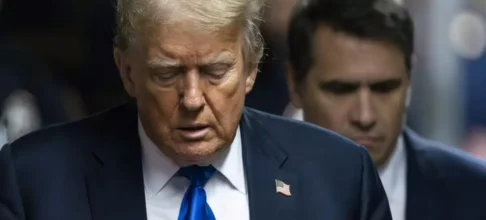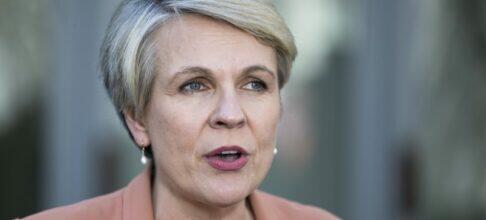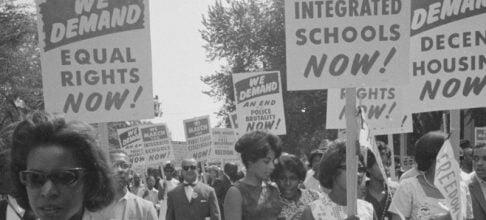While the efforts of the NHIS at resolving complaints are welcome, there is need for stronger action against erring service providers. The scheme is crucial for survival of many Nigerians and, therefore, must not fail. What is meant to be achieved is the kernel of the constitutional declaration that security and welfare of the people shall be the primary purpose of government. The health of Nigerians is the wealth of Nigeria because the productivity of a country depends largely on the health of the population. The shameful corruption and wanton disregard for human life that are becoming endemic and almost institutionalized in Nigeria should never be allowed to kill the NHIS. The World Bank in 2021 put Nigerias life expectancy rate at 54.69 years far below the 78.79 years in the United States and 81.20 years in the United Kingdom. This wide gap should be a major concern to authorities in Nigeria to stimulate a successful health insurance scheme. To this end, there should be a major overhaul of the NHIS. Part of the task should be to investigate the cause of inferior services being rendered and to move strongly against the corruption in the scheme. Why are the HCFs, HMOs and hospitals not following the guidelines? Could it be that the deal is no longer profitable for them and something needs to be done, or is the scheme simply prone to fraud? Why is drugs not available, prompting resort to substandard ones? Certain procedure may need to be reviewed jointly by the stakeholders for smooth running of the programme, but it must be done in a way that additional burden is not placed on the citizens that the intervention is meant to assist. The NHIA should come up with an official mechanism for occasional reappraisal of the implementation of the scheme instead of waiting for complaints by the enrollees. The allegation of low quality services is real. Even a study conducted at the NHIS Clinic of the Kubwa General Hospital, a major referral centre in Abuja, between November 2016 and March 2017 and published on the online platform of the National Library of Medicine found the complaints to be authentic. This violates the sanctity of human life. Any service provider who is found to be making things difficult for enrollees to enjoy their desired healthcare should be severely sanctioned, while the loopholes working against an efficient health insurance in the country should be plugged. Service providers should always be explicit about the level of access to treatment that the holder of each health insurance package or plan can get. Many enrollees have expressed disappointment over denial of some medical services at the point of need when they were told that the insurance package to which they subscribed did not allow them such services except they were ready to pay more money. Also, Nigerians need to be constantly educated about the scheme and how they can benefit from it, particularly during emergencies.
State governments that have not started implementing their own health insurance schemes are earnestly advised to do so to widen the coverage while those already providing the services should ensure faithful implementation. Health insurance is working in many other countries; there is no reason why it should not work in Nigeria. Nigerians deserve access to quality and affordable health services, in line with the letter and spirit of the countrys constitution.















